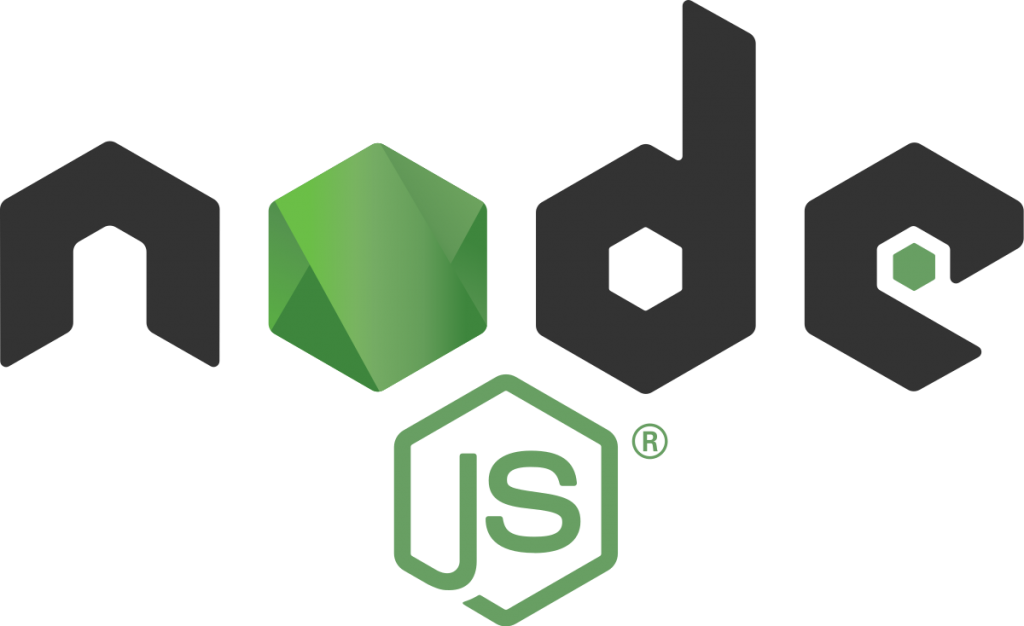
What is Node.Js?
Node.js is an open-source and cross-platform runtime environment for executing JavaScript code outside a browser. Node.js is a JavaScript runtime environment.
It is used for server-side programming, and primarily deployed for non-blocking, event-driven servers.
It runs on the V8 engine and executes JavaScript code outside a web browser.
Node.js runs the V8 JavaScript engine, the core of Google Chrome, outside of the browser. This allows Node.js to be very performant. You need to remember that NodeJS is not a framework and it’s not a programming language. Most people are confused and understand it’s a framework or a programming language. We often use Node.js for building back-end services like APIs like Web App or Mobile App. It’s used in production by large companies such as Paypal, Uber, Netflix, Walmart.
History
Node.js was written initially by Ryan Dahl in 2009, about thirteen years after the introduction of the first server-side JavaScript environment, Netscape’s LiveWire Pro Web. The initial release supported only Linux and Mac OS X. Its development and maintenance was led by Dahl and later sponsored by Joyent.
Application of Node.JS:
- Real-Time Chats
- Complex Single-Page applications
- Real-time collaboration tools
- Streaming apps
What Is Node.js Written In?
Node.js is written in C, C++, and JavaScript.
Features of Node.JS:
- It’s easy to get started and can be used for prototyping and agile development
- It provides fast and highly scalable services
- It uses JavaScript everywhere, so it’s easy for a JavaScript programmer to build back-end services using Node.js
- Source code cleaner and consistent.
- Large ecosystem for open source library.
- It has Asynchronous or Non-blocking nature.

Advantages of Node.JS:
- Easy to learn and code: Node.Js is easy to learn and code because it uses JavaScript. If you are a front-end developer and have a good grasp of JavaScript you can easily
- Easy Scalability: It is easily scaling the application in both horizontal and vertical directions. We can also add extra resources during the scalability of the application.
- Real-time web apps: If you are building a web app you can also use PHP, and it will take the same amount of time when you use Node.js, But if I am talking about building chat apps or gaming apps Node.js is much more preferable because of faster synchronization. Also, the event loop avoids HTTP overloaded for Node.js development.
- Fast Suite: Node.Js runs on the V8 engine developed by Google. Event loop in NodeJs handles all asynchronous operation so Node.Js acts like a fast suite and all the operations can be done quickly like reading or writing in the database, network connection, or file system
- Advantage of Caching: It provides the caching of a single module. Whenever there is any request for the first module, it gets cached in the application memory, so you don’t need to re-execute the code.
Components of Node.js:
- Node CLI
- NPM
- json
- Node Modules
- Development Tools and Frameworks
Architecture:
Requests: Depending on the actions that a user needs to perform, the requests to the server can be either blocking (complex) or non-blocking (simple).
Node.js Server: The Node.js server accepts user requests, processes them, and returns results to the users.
Event Queue: The main use of Event Queue is to store the incoming client requests and pass them sequentially to the Event Loop.
Thread Pool: The Thread pool in a Node.js server contains the threads that are available for performing operations required to process requests.
Event Loop: Event Loop receives requests from the Event Queue and sends out the responses to the clients.
External Resources: In order to handle blocking client requests, external resources are used. They can be of any type ( computation, storage, etc).
Alternative NodeJS
- PERL
- ELIXIR
- ASP.NET
- CEYLON
- REBOL
latest version
16.14.0
Founder of company
Ryan Dahl
Official website
Best Resources, Tutorials and Guide for Nodejs
Interview Questions and Answer
Best Courses and Insitute for learning
If you want certification course for such top course. So please visit “DevopsSchool.Com”. You will find more certification courses here.

I’m a DevOps/SRE/DevSecOps/Cloud Expert passionate about sharing knowledge and experiences. I am working at Cotocus. I blog tech insights at DevOps School, travel stories at Holiday Landmark, stock market tips at Stocks Mantra, health and fitness guidance at My Medic Plus, product reviews at I reviewed , and SEO strategies at Wizbrand.
Please find my social handles as below;
Rajesh Kumar Personal Website
Rajesh Kumar at YOUTUBE
Rajesh Kumar at INSTAGRAM
Rajesh Kumar at X
Rajesh Kumar at FACEBOOK
Rajesh Kumar at LINKEDIN
Rajesh Kumar at PINTEREST
Rajesh Kumar at QUORA
Rajesh Kumar at WIZBRAND

 Starting: 1st of Every Month
Starting: 1st of Every Month  +91 8409492687
+91 8409492687  Contact@DevOpsSchool.com
Contact@DevOpsSchool.com
